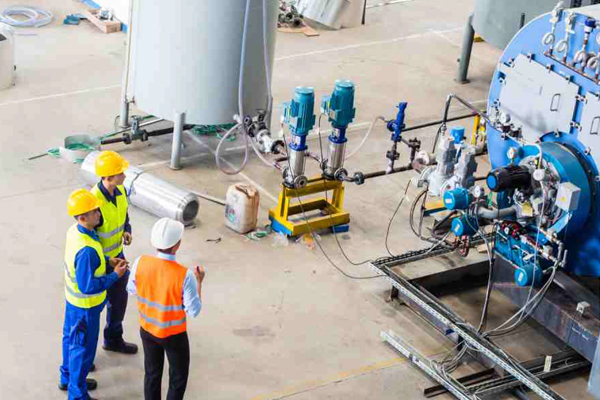Industrial energy audits are a critical tool for optimizing energy efficiency and reducing energy costs in the industrial sector. These audits provide a comprehensive assessment of an industrial facility’s energy usage, identifying areas where improvements can be made to reduce energy consumption and save money.
The process of an industrial energy audit typically begins with a detailed analysis of the facility’s energy consumption. This includes evaluating the energy usage of each individual process and system, such as heating, cooling, lighting, and production machinery. The auditor will also consider factors such as the efficiency of equipment, energy-saving opportunities, and potential energy waste.
Once the analysis is complete, the auditor will provide recommendations for reducing energy consumption and improving energy efficiency. These recommendations may include upgrading to more efficient equipment, optimizing energy usage through better controls and management, and making changes to production processes to reduce energy waste.
One of the key benefits of an industrial energy audit is the potential for significant cost savings. By reducing energy consumption and optimizing energy efficiency, industrial facilities can save thousands of dollars on their energy bills each year. Additionally, by reducing their energy usage, industrial facilities can also help to mitigate the impacts of climate change and reduce their carbon footprint.
Another benefit of industrial energy audits is the increased competitiveness that comes with being more energy-efficient. By reducing energy costs, industrial facilities can increase their profitability, stay ahead of the competition, and continue to grow and thrive in the ever-changing industrial landscape.
In conclusion, industrial energy audits are an important tool for optimizing energy efficiency and reducing energy costs in the industrial sector. With a comprehensive analysis of energy usage and expert recommendations for improvement, industrial energy audits can help facilities to save money, reduce their carbon footprint, and remain competitive in today’s energy landscape. If you are interested in reducing your energy costs and improving your energy efficiency, consider conducting an industrial energy audit today.

